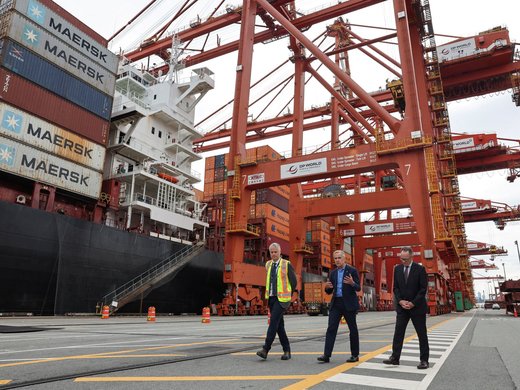Since the transfer of foreign direct investment powers from the European Union member states to the European Union itself in the 2009 Treaty of Lisbon, the European Commission, the main external trade actor for the European Union, has started to negotiate international investment agreements as well as investment chapters in enlarged free trade agreements. Both contain substantive protection standards and enforcement mechanisms in case of disputes, usually both state–state and investor–state arbitration (ISA).
With regard to the latter, it was unclear whether the European Commission, the European Union’s experienced World Trade Organization litigator, would continue to use the interstate template of trade disputes or venture into ISA. After an initial orientation period, the European Commission firmly endorsed ISA, as demonstrated by the negotiations with Canada on the Comprehensive Economic and Trade Agreement (CETA) and with the United States on the Transatlantic Trade and Investment Partnership (TTIP).
Meanwhile, however, public opposition to the TTIP, and to ISA in particular, has formed in unexpected dimensions. It even led the European Commission to partially interrupt its trade negotiations with the United States in order to conduct a public consultation on the investment aspects of the TTIP. Ever since, ISA has remained one of the most controversial parts of the planned trade agreements. Most recently, the European Commission tabled a TTIP proposal to set up a permanent investment court that would replace the system of ad hoc ISA.
This paper analyzes in detail the development of the European Union’s position toward the use of ISA as a means for settling investor-state disputes.


